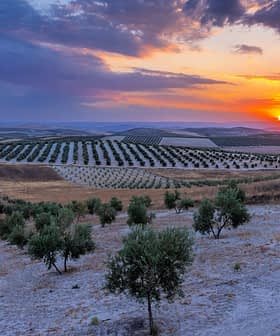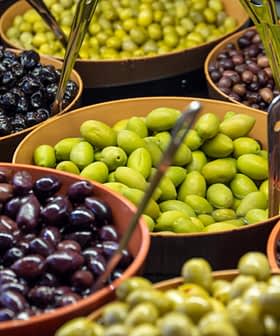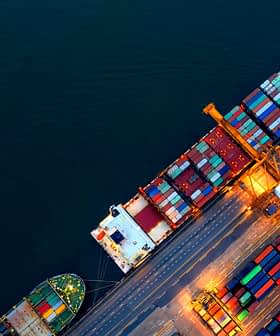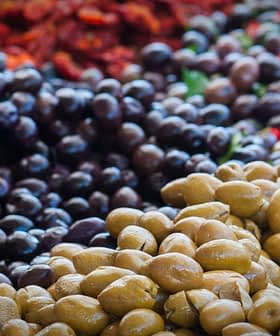Turkish Table Olive Exports Set to Reach Record-High $250 Million
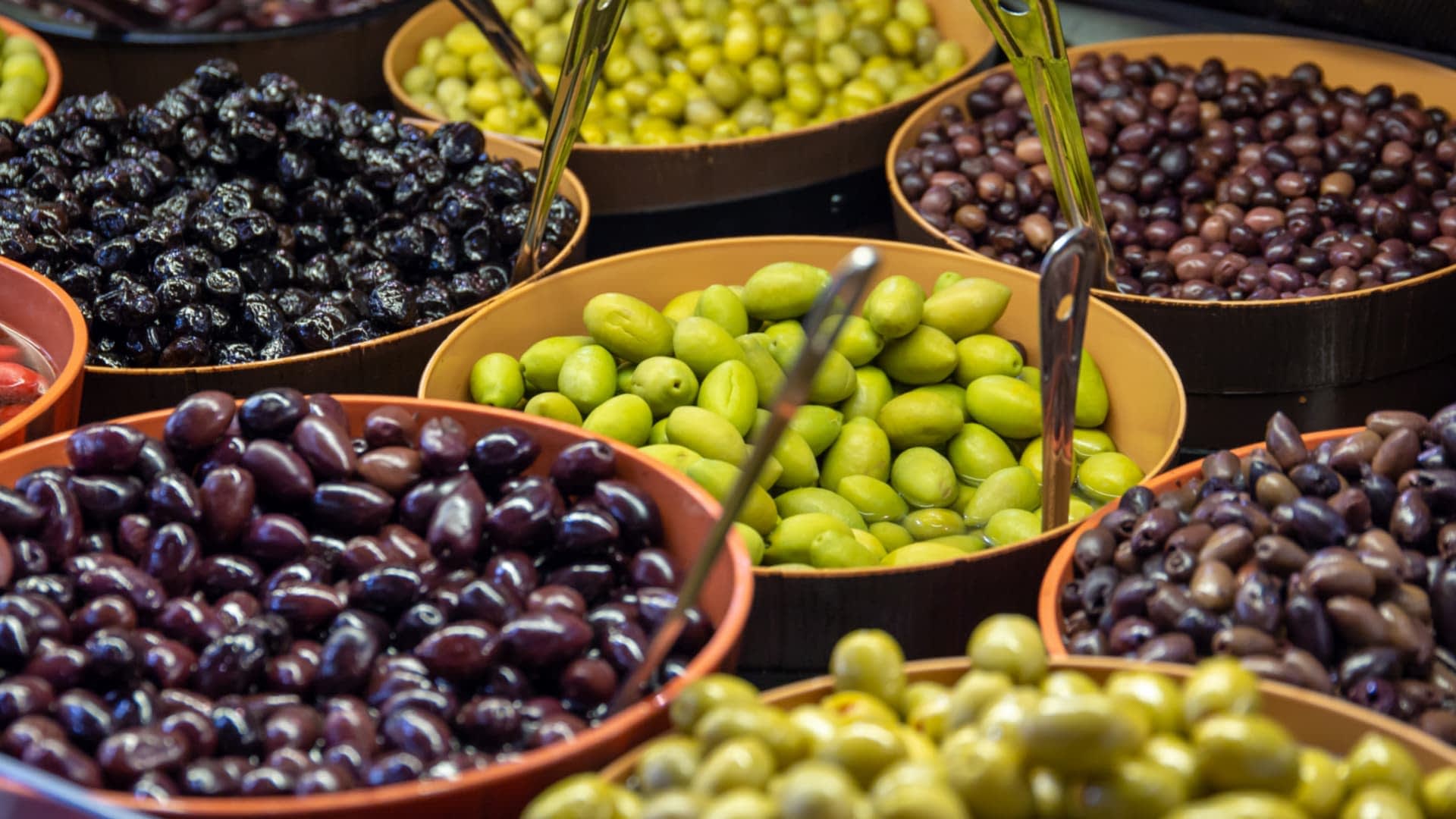
The Aegean Olive and Olive Oil Exporters Association reported that Turkish table olive exports are projected to reach a record-high of $250 million in the 2024/25 crop year, with 64,000 metric tons exported since the beginning of the crop year in October 2024. Turkey’s table olive exports have increased by 33% in volume and 26.5% in value compared to the previous year, with Germany and Iraq as the top destinations for black and green olive imports.
The Aegean Olive and Olive Oil Exporters Association (EZZIB) announced that Turkish table olive exports are on pace to reach a record-high $250 (€221) million in the 2024/25 crop year.
Turkey exported 64,000 metric tons of table olives valued at $162 (€143) million since October 2024, the start of the crop year. Emre Uygun, the EZZIB chairman, stated that table olive exports by volume and value were 33 percent and 26.5 percent higher, respectively, than in the 2023/24 period.
“We are moving forward with sure steps toward the 100,000 tons of table olive exports and $250 million of foreign exchange income target we set for the 2024/25 season,” Uygun said.
See Also:European Producers Face Limited Alternatives to U.S. MarketTurkey harvested 750,000 tons of table olives in 2024/25, making it the world’s largest producer by a significant margin. By comparison, International Olive Council data show that the seven table olive-producing members of the European Union yielded 795,000 tons.
According to the EZZIB, black olive exports increased by 22 percent, surpassing 49,000 tons with a value of $123 million (€109 million). Additionally, green olive exports increased by 46 percent in quantity, reaching 15,000 tons, and by 43 percent in value, to $39 million (€35 million).
Uygun said Germany and Iraq are the leading destinations for black and green olive imports, with Romania cited as the third-largest destination for black olives and the United States named as the third destination for green olives.
While Uygun did not speculate on the impact of the ten percent tariff imposed by the United States on nearly all imports from Turkey, including olive oil and table olives, he pointed out that Turkish producers export olives to 110 countries.
The announcement comes weeks after Turkey confirmed a record-high olive oil yield of 475,000 tons, and plans to focus on exporting to lucrative markets including Australia, Brazil, Canada, China, Japan and the United States.
Indeed, exporters and officials in Italy, Spain and Tunisia have raised concerns that current and future U.S. tariff regimes may favor Turkish exporters. The U.S. imports approximately 95 percent of the olive oil it consumes, with 90 percent of these imports originating from the European Union.
After U.S. President Donald J. Trump announced tariffs on nearly every country on April 2nd, the ten percent rate on Turkey gave the government a competitive advantage compared to the 28 percent tariff faced by Tunisia and the 20 percent tariff imposed on imports from the E.U.
While nearly all of these tariff rates were later lowered to ten percent to give countries time to negotiate, E.U. officials were rattled last week by renewed threats of a 50 percent tariff.
At the time of the original announcement, Mehmet Simsek, Turkey’s finance minister, confirmed that Turkey’s “relatively low tariff rate may provide a comparative advantage in some sectors.”
María Morales, the president of the Seville chapter of the Association of Young Farmers and Ranchers (Asaja-Seville), alluded to this as well.
“Many countries on the other side of the Mediterranean [especially Turkey], our competitors in the U.S., have lower tariffs. So it will be easier for them to export,” she noted.
